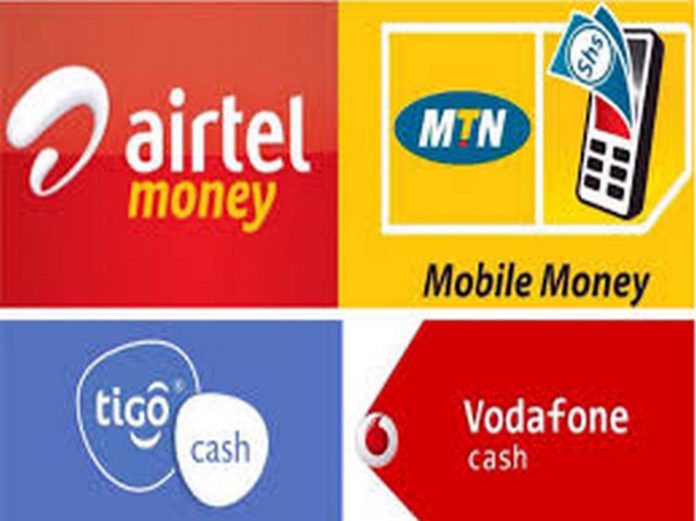
There have been several efforts by the Ghana government to expand mobile money transactions nationwide.
Taxes, fraud and unstable networks have however, discouraged people from taking advantage of the platform.
Samuel Prah, a 35-year-old dealer in phones and accessories at Tech Junction, Kumasi in the Ashanti Region of Ghana, hasn’t been impressed with MoMo transactions for some time now.
Network challenges have been a hindrance to many transactions. This sometimes led to a few fracas.
“The problem I usually face with mobile money is the network. At times, the clients will send the money and then receive the message but (the transfer) won’t reflect in my balance. This mostly happens when the network is bad. On several occasions, I’ve gotten into disagreements with clients,” he said.
According to the Bank of Ghana, MoMo transactions as of the first two months of 2023 hit 264.1bn.
Mobile money is a fast, convenient, secure and affordable way of transferring money, making payments using a mobile phone. It’s estimated that 3 to 4 million Ghanaians live abroad, many of whom regularly send money to their families back home via mobile money.
In 2022, 12,166 cases of mobile money fraud cases were recorded.
For five years that Abena Boakye, a provisions vendor relied on mobile money for her transactions, she has encountered several fraud incidents, albeit she has overcome them.
“I have encountered a lot of fraud incidents. They call you and the first thing they say is ‘Sister oo London’. I have so much experience in the mobile money business therefore no fraudster can dupe me,” she revealed.
But that is not the case with Sara, a pastry goods seller at Ahodwo. She suffered in the hands of a fraudster during a mobile money transaction.
“He asked, to purchase three loaves with mobile money. Though it registered on my phone that the money had dropped, I soon found out after he left, that it couldn’t come through,” she revealed.
Meanwhile Mr. Selorm Adadevoh, CEO of MTN Ghana has urged partners and stakeholders to increase fraud awareness and beef up security measures to address the scam.
According to him, “MTN MoMo has recently signed a Memorandum of Understanding with the Economic and Organized Crime Office (EOCO) and has expressed the hope that their partnership would go a long way in addressing MoMo fraud and bring perpetrators to book.”
Mobile Money transactions have surged since the implementation of E-levy in May 2022. However, a survey carried out by Nana Anyidoho, an Associate Professor at the Institute of Statistical, Social and Economic Research (ISSER) and the Director of the Centre for Social Policy Studies (CSPS), at the University of Ghana, of 2,700 self-employed informal sector operators found that “the e-levy is highly regressive.
“In other words, our data show that the lowest earning informal sector operators pay a larger share of their earnings towards the levy than higher earners.”
“We also saw that most informal workers disapprove of the e-levy,” she added.
Indeed, Atta Maame, a gari and beans seller at Kejetia, is yet to come under the sickle of fraudsters but the charges on transactions haven’t failed to cut somehow deep. She has therefore resorted to physical transactions.
“I haven’t experienced any MoMo fraud yet. Some clients pay with MoMo and do refuse to add the charges. These charges are deducted from my account… So, I rather take physical cash,” she said.
Prof. Anyidoho recommends: “Efforts to protect the poorest mobile money users (often the unbanked working in the informal sector) should be the priority.”
She argues that Ghana’s use of a protective threshold is an important feature of the policy design– more important than, for example, simply lowering the rate– but that it doesn’t go far enough to protect the poor.
Samuel Adomako, a systems analyst with Narrowlite International says these infractions are capable of eroding the gains made by the mobile money system. He wants the government to put in place measures to curtail these unfortunate developments.
“These issues have become one too many. It makes it difficult for us to reap the full benefits the system has to offer. I think government can roll out policies to lessen these problems,” he said.
This report is produced under the DPI Africa Journalism Fellowship Programme of the Media Foundation for West Africa and Co-Develop.






